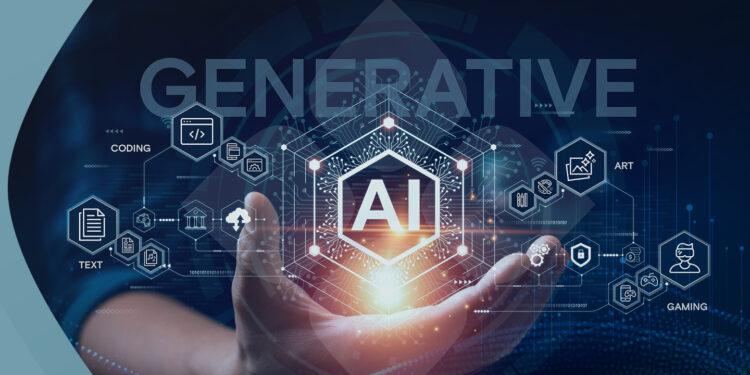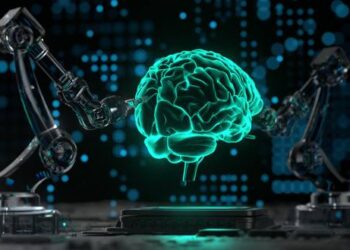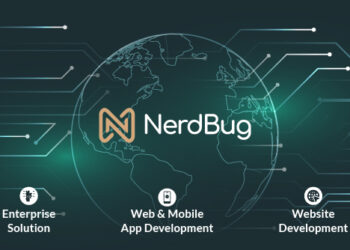A new report by Consulting firm CVL Economics has revealed that generative Artificial Intelligence (AI) will lead to the loss of more jobs in the films and animation industry than other industries.
The report is based on a survey of 300 leaders from six entertainment industries, including C-Suite executives, senior executives, and mid-level managers late in 2023.
According to the report titled “FUTURE UNSCRIPTED: The Impact of Generative Artificial Intelligence on Entertainment Industry Jobs”, 55% of business leaders surveyed foresee Sound Designers facing the greatest degree of displacement over the next three years.
It added that a little over 40% of respondents considered Music Editors, Audio Technicians, and Sound Engineers vulnerable, and roughly 33% expect Songwriters, Composers, and Studio Engineers to experience similar impacts over the next three years.
- “Almost half (47%) of business leaders felt that over the next three years, GenAI will be effective in generating 3D assets as well as realistic sound design for film, television, and video games.
- “Another 44% believed GenAI would be able to generate realistic and convincing foreign language dubbing for film or television dialogue, and 39% believed GenAI would be generating music mixes and masters by 2026,” the report stated.
Job cuts in the entertainment industry
At a time when several entertainment industries are facing challenges, the report noted that the desire to increase productivity, cut costs, and identify new revenue streams will be top of mind.
Already, companies like Riot Games, Unity Software, Amazon MGM Studios, Pixar, and Universal Music Group have announced layoffs within the first few weeks of 2024.
CVL Economics said further job cuts are expected in the months ahead.
- “The introduction of GenAI potentially signifies a large-scale transition from existing techniques into new processes, which will likely rebalance the demand for labour and capital across the entertainment industries. In doing so, creative workers will be facing an era of disruption, defined by the consolidation of some job roles, the replacement of existing job roles with new ones, and the elimination of many jobs entirely,” the company added.
What you should know
Before now, several other reports have established the fact that the entertainment industry will be one of the most impacted by AI.
According to Indeed’s report, Software Development, Media & Communications, and Arts & Entertainment are among the top 20 sectors economy-wide facing exposure to GenAI.
OpenAI’s analysis addresses industry exposure to language model-based AI technologies specifically. It includes Publishing, Broadcasting, Motion Picture and Sound Recording, and Performing Arts among their top 25, underscoring the broad impact GenAI will have across the entertainment sector.
LinkedIn’s research offers a more nuanced view by differentiating between augmentation and disruption. The Technology, Information, and Media sector — which encompasses the Software and Entertainment industries — ranks highest in total GenAI exposure, suggesting that GenAI is likely to play a significant role both in assisting and potentially displacing traditional roles.
Entertainment Providers also appear on the list, with a sizable percentage of the industry experiencing both augmentation and disruption.















.gif)






